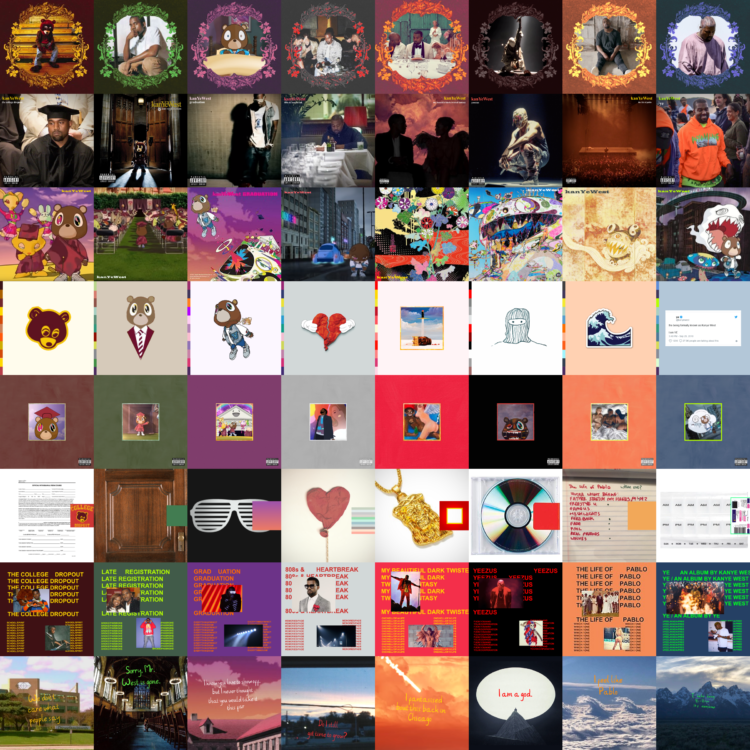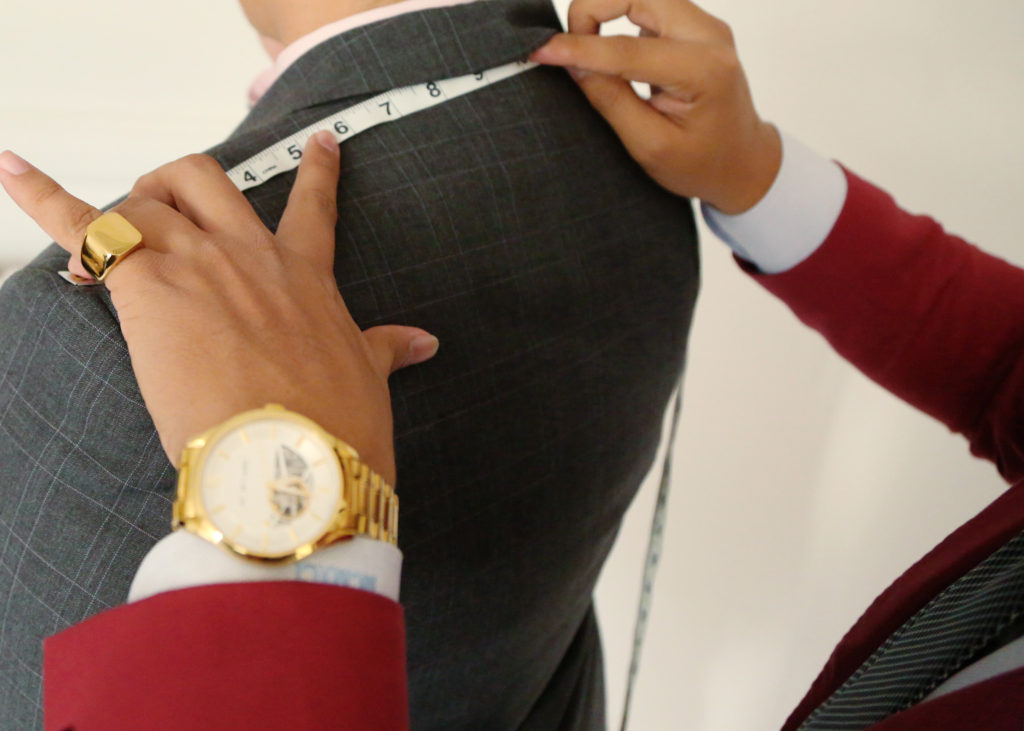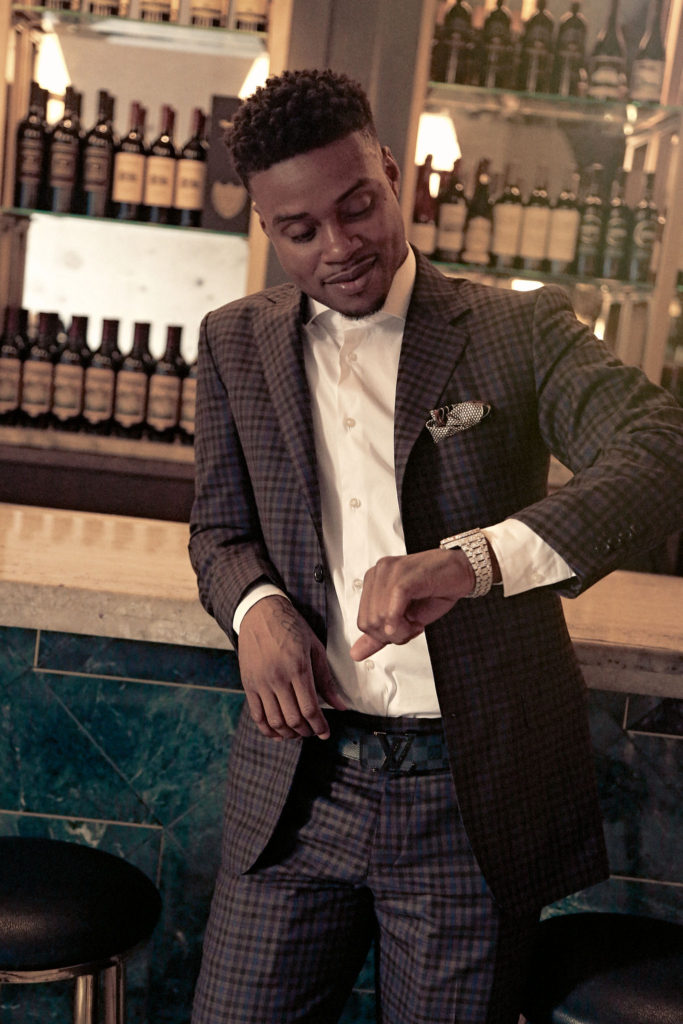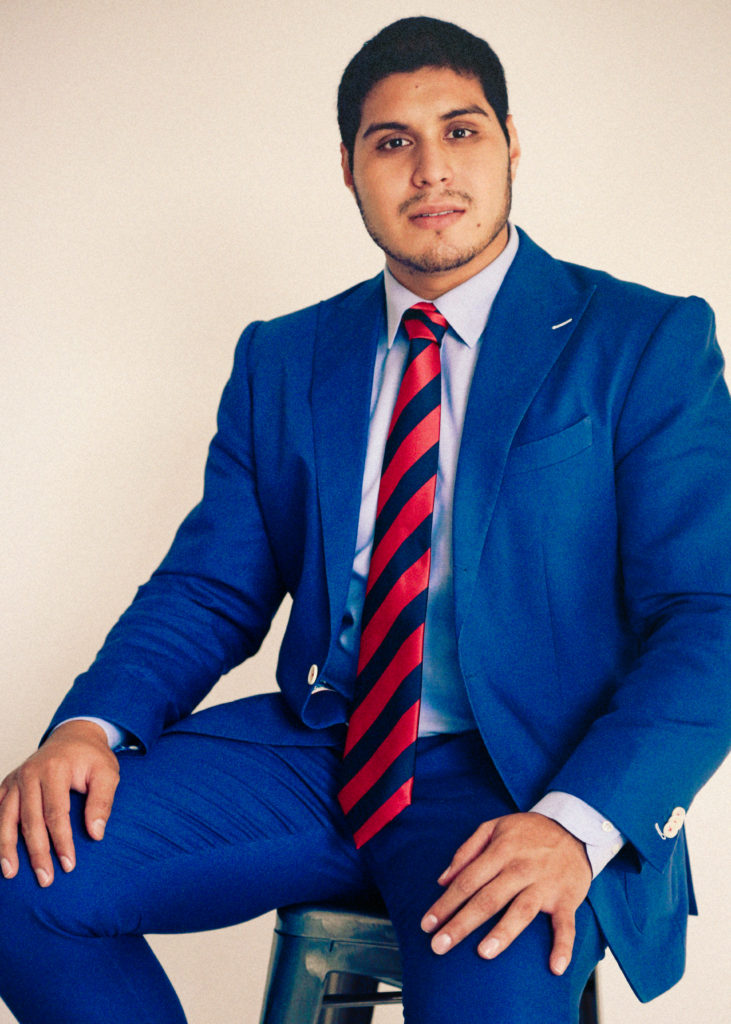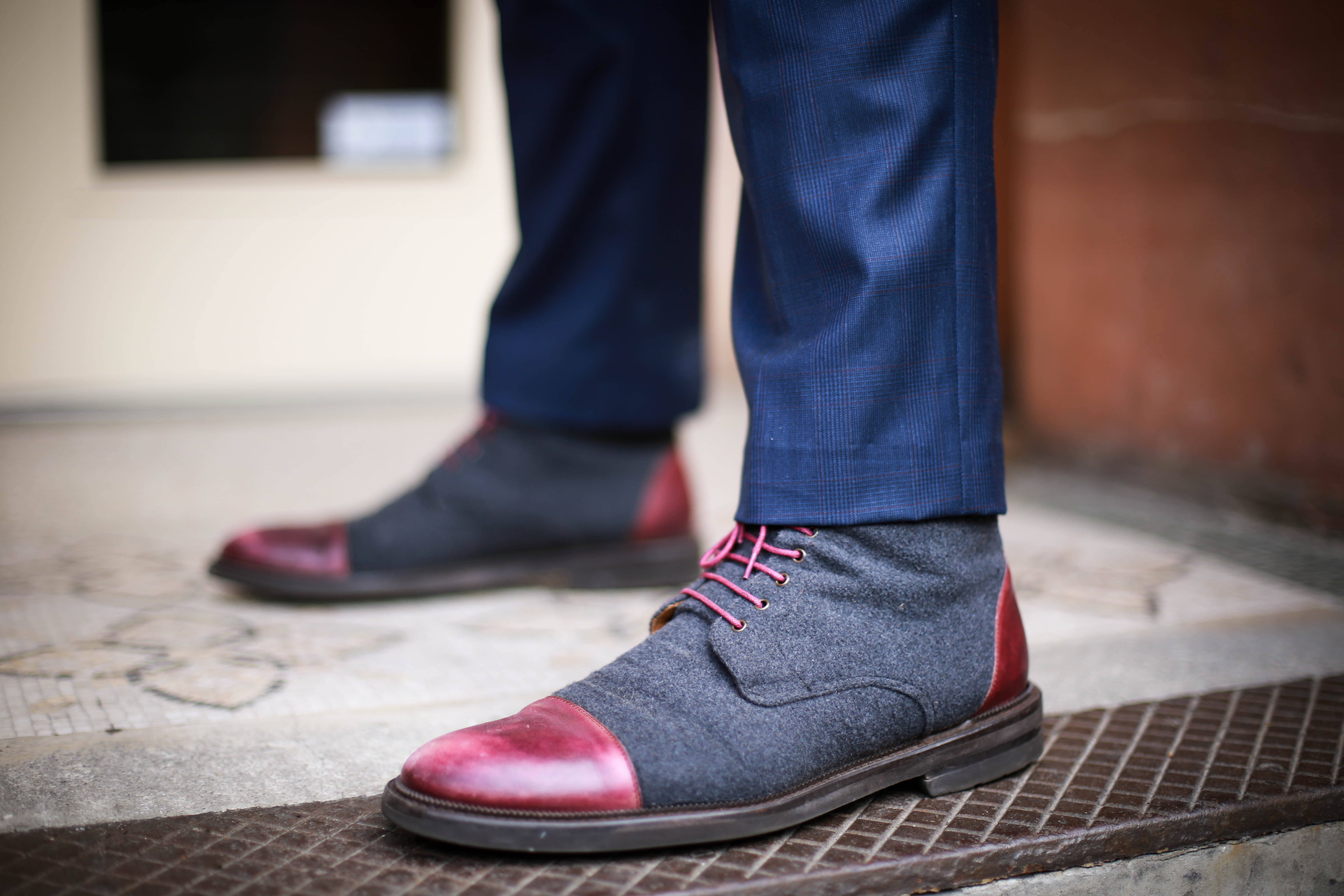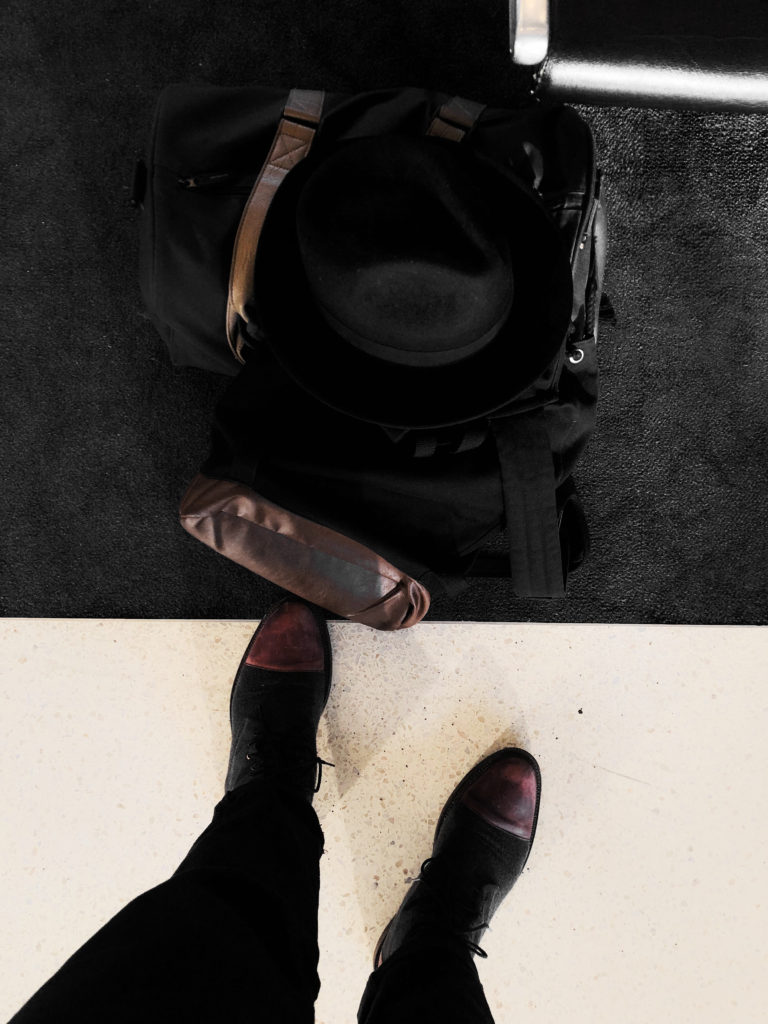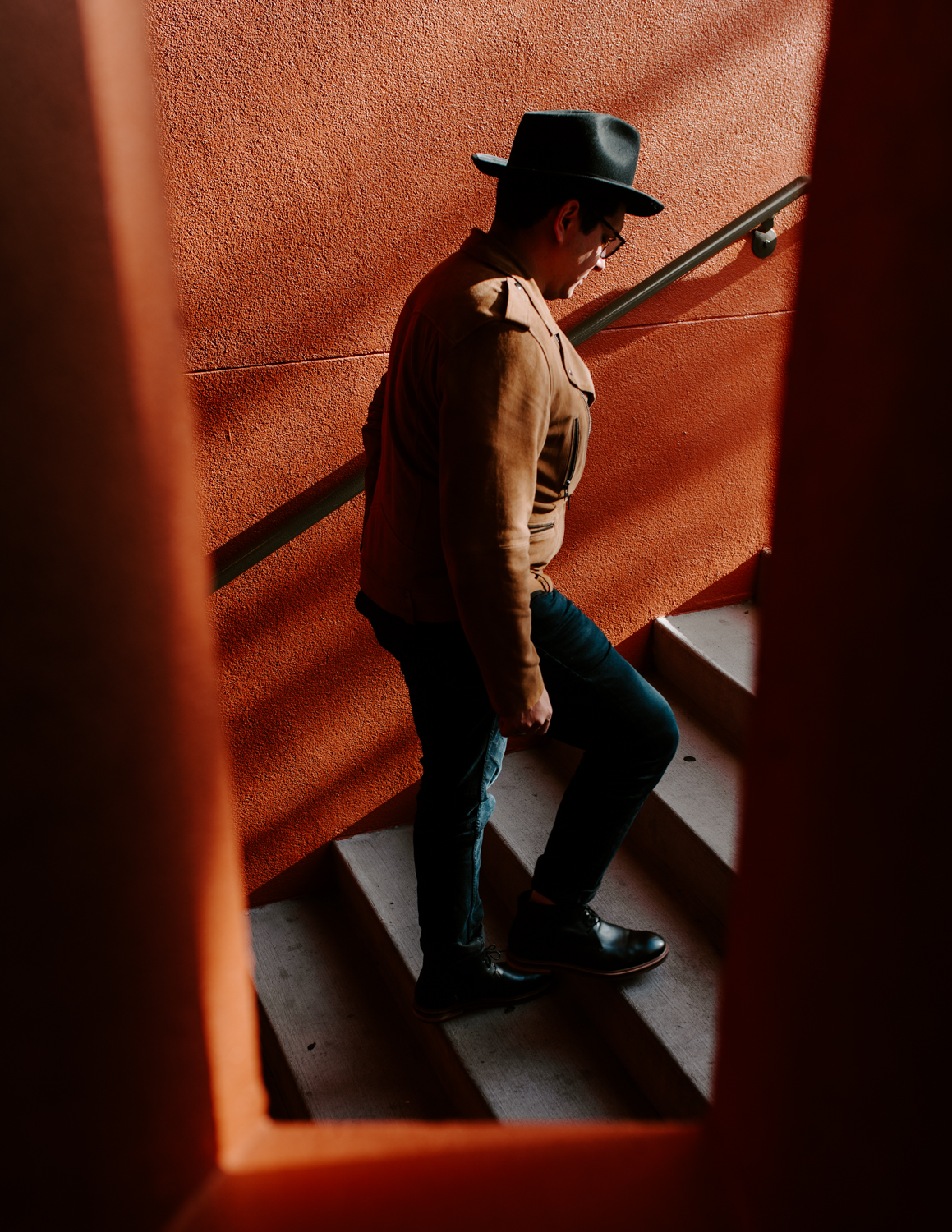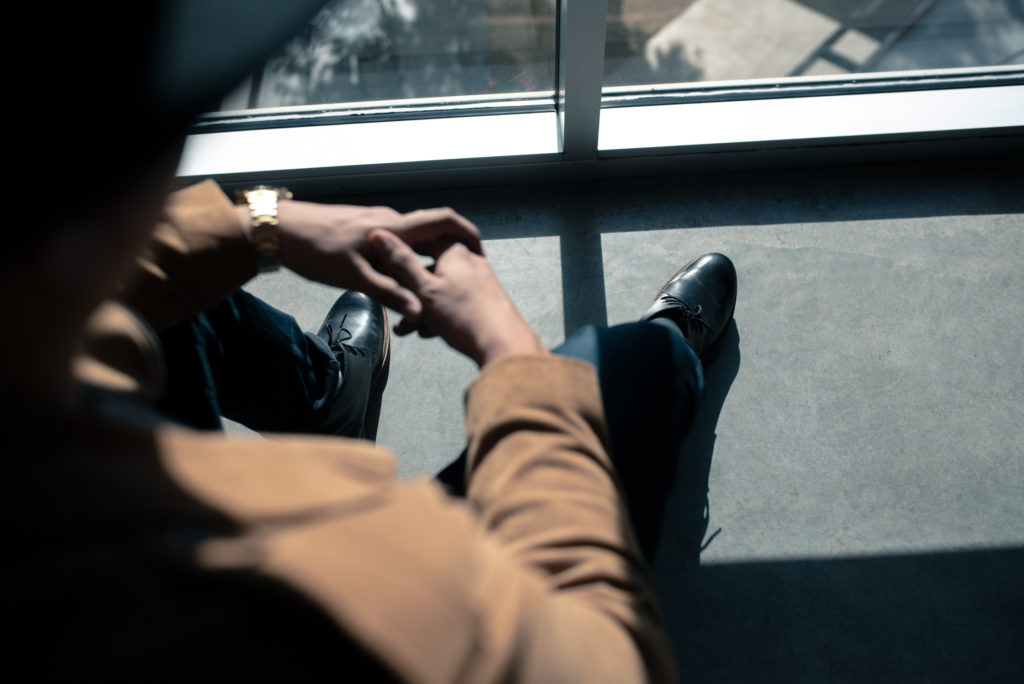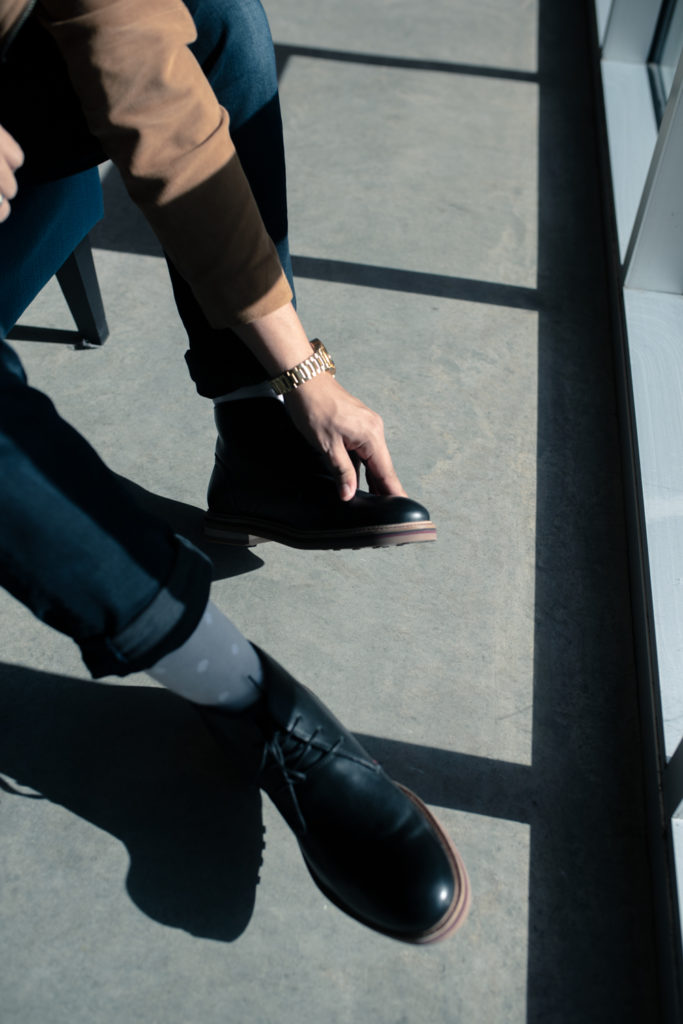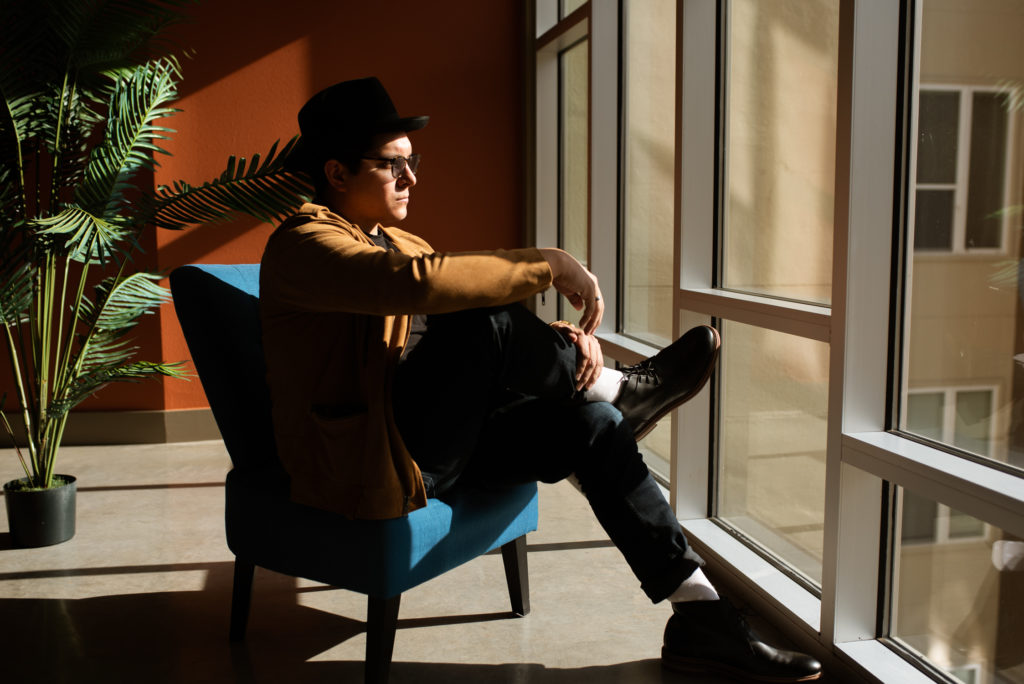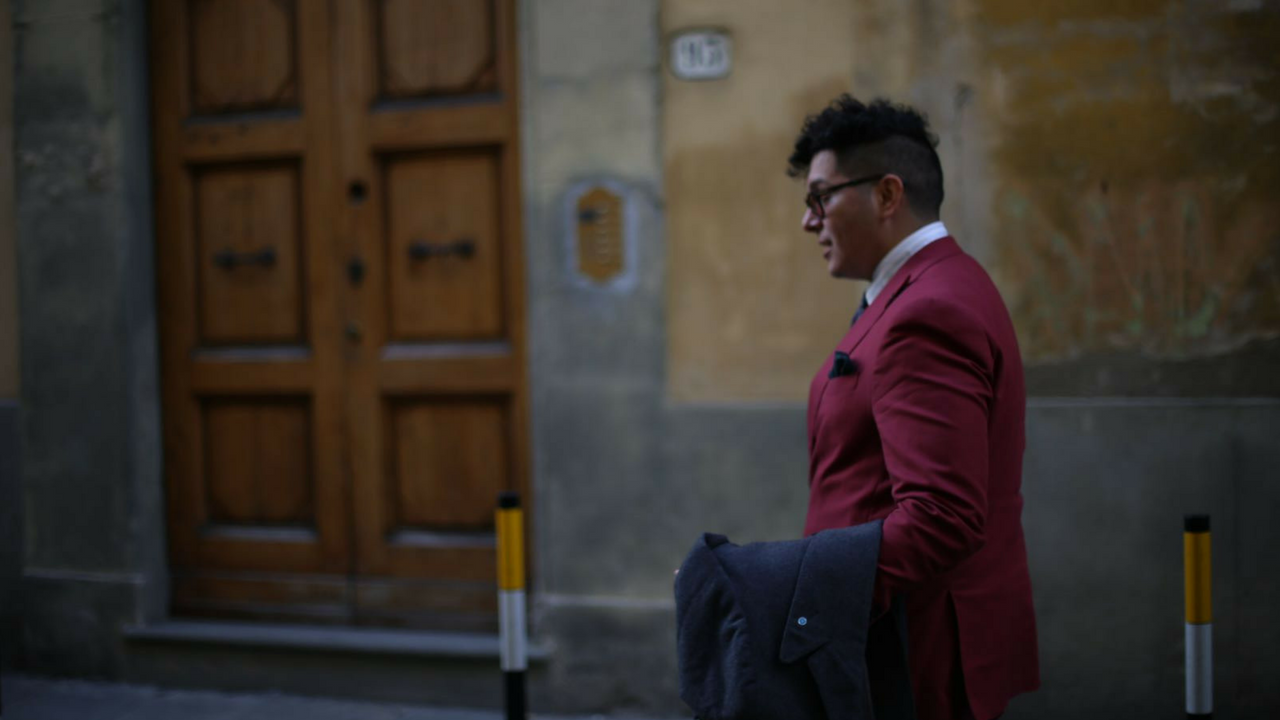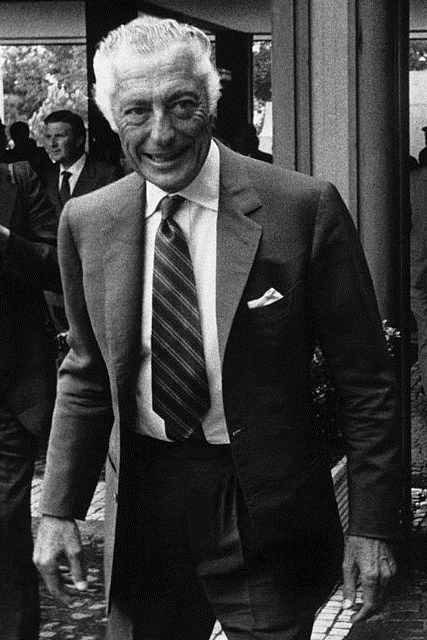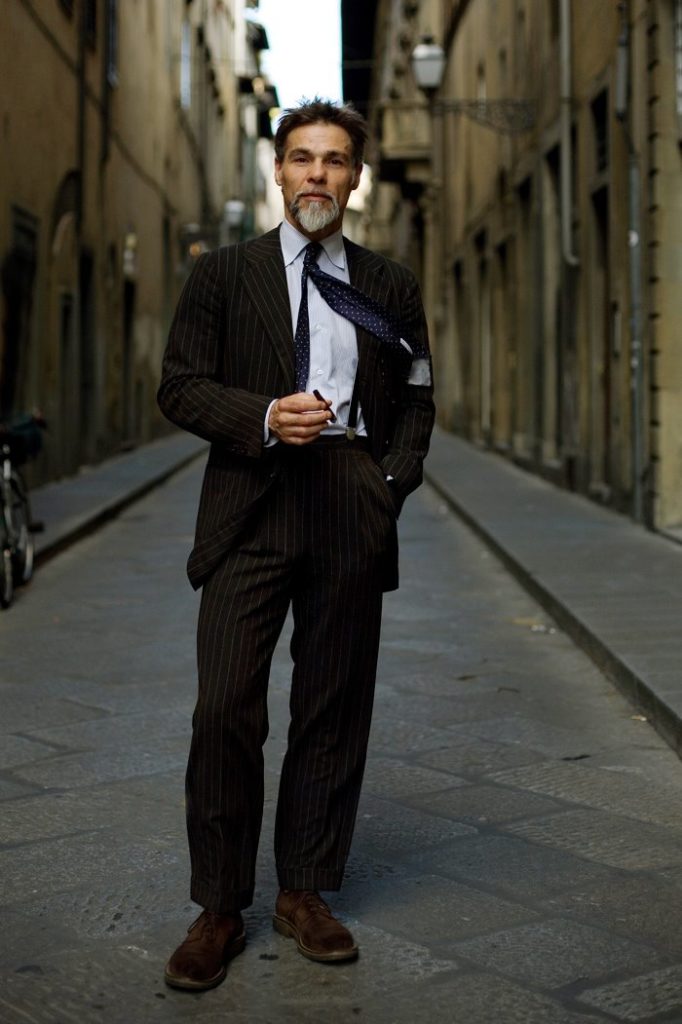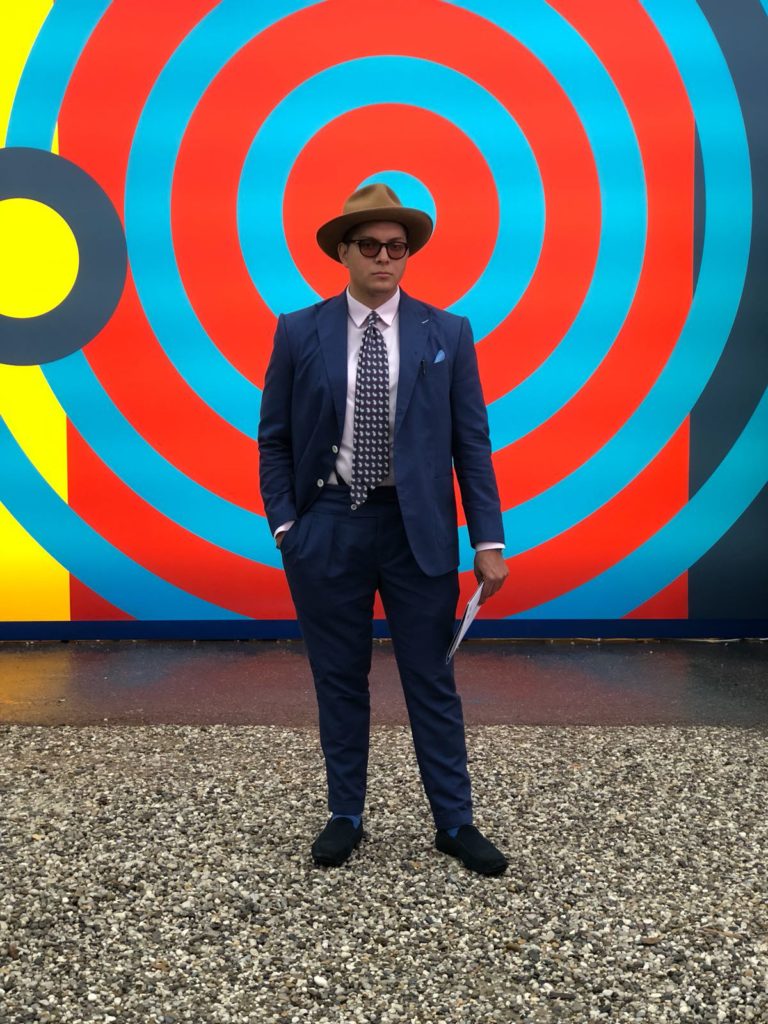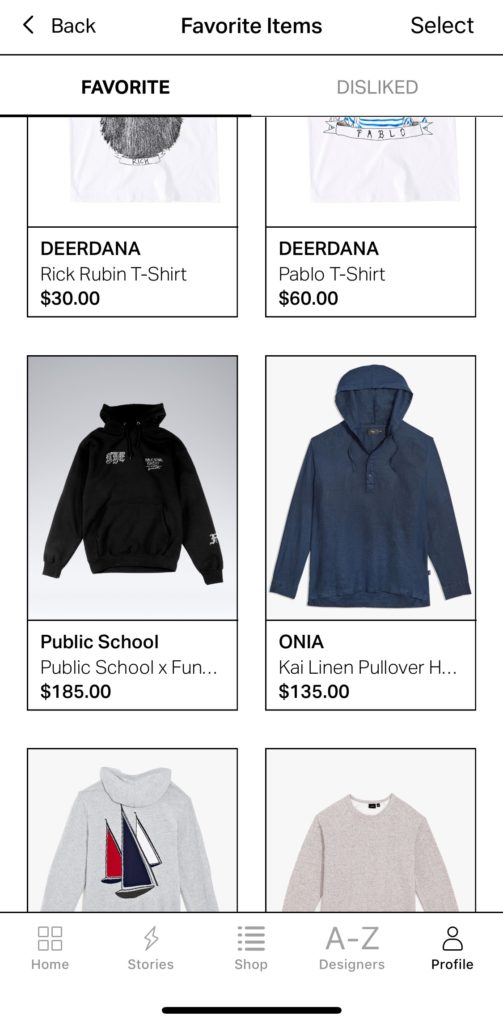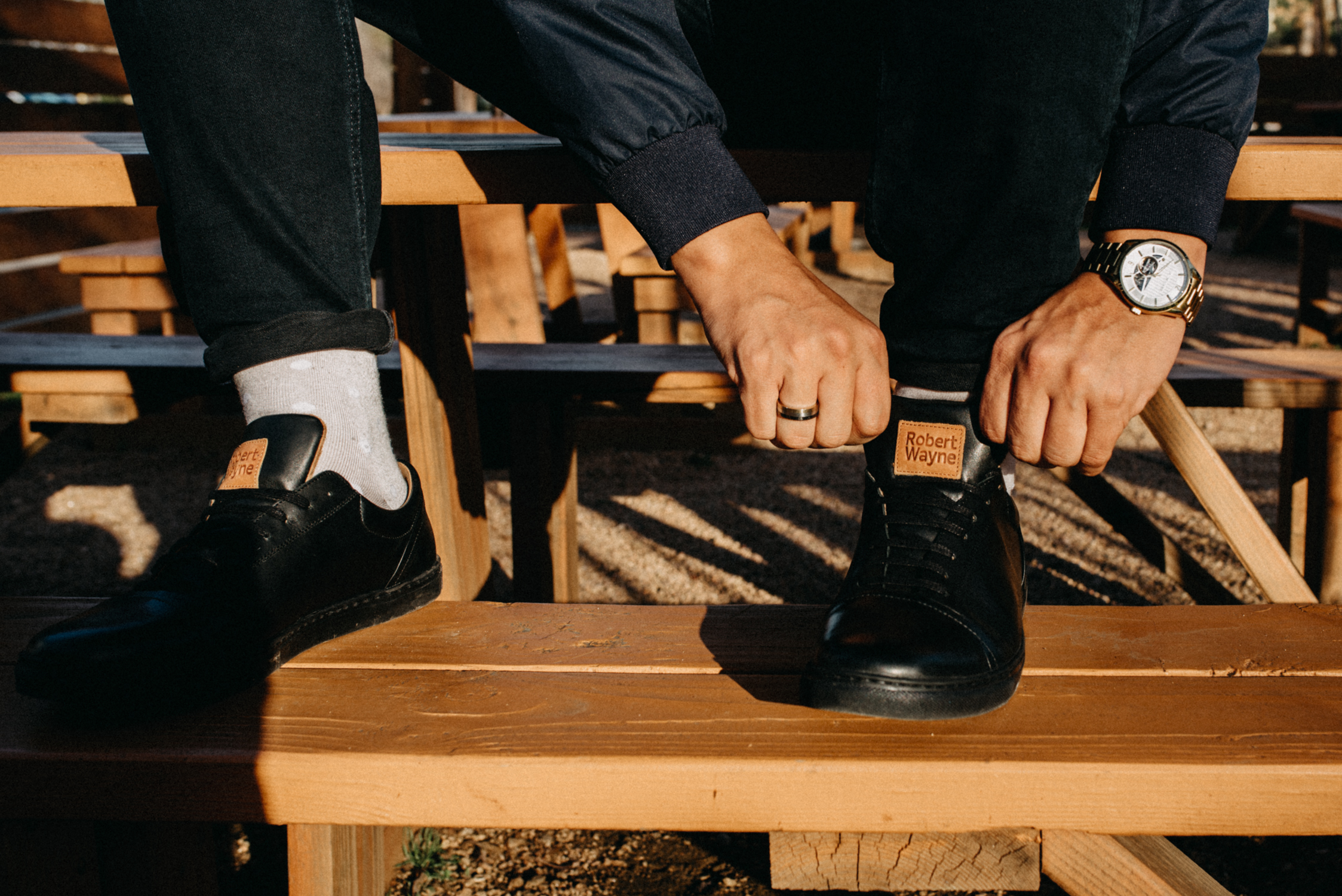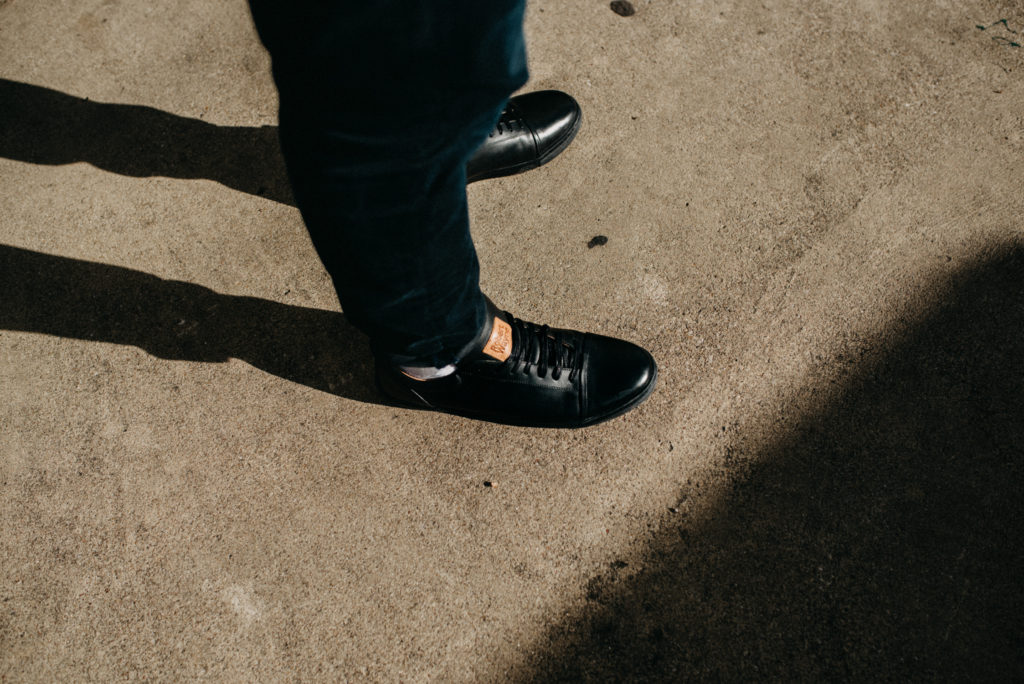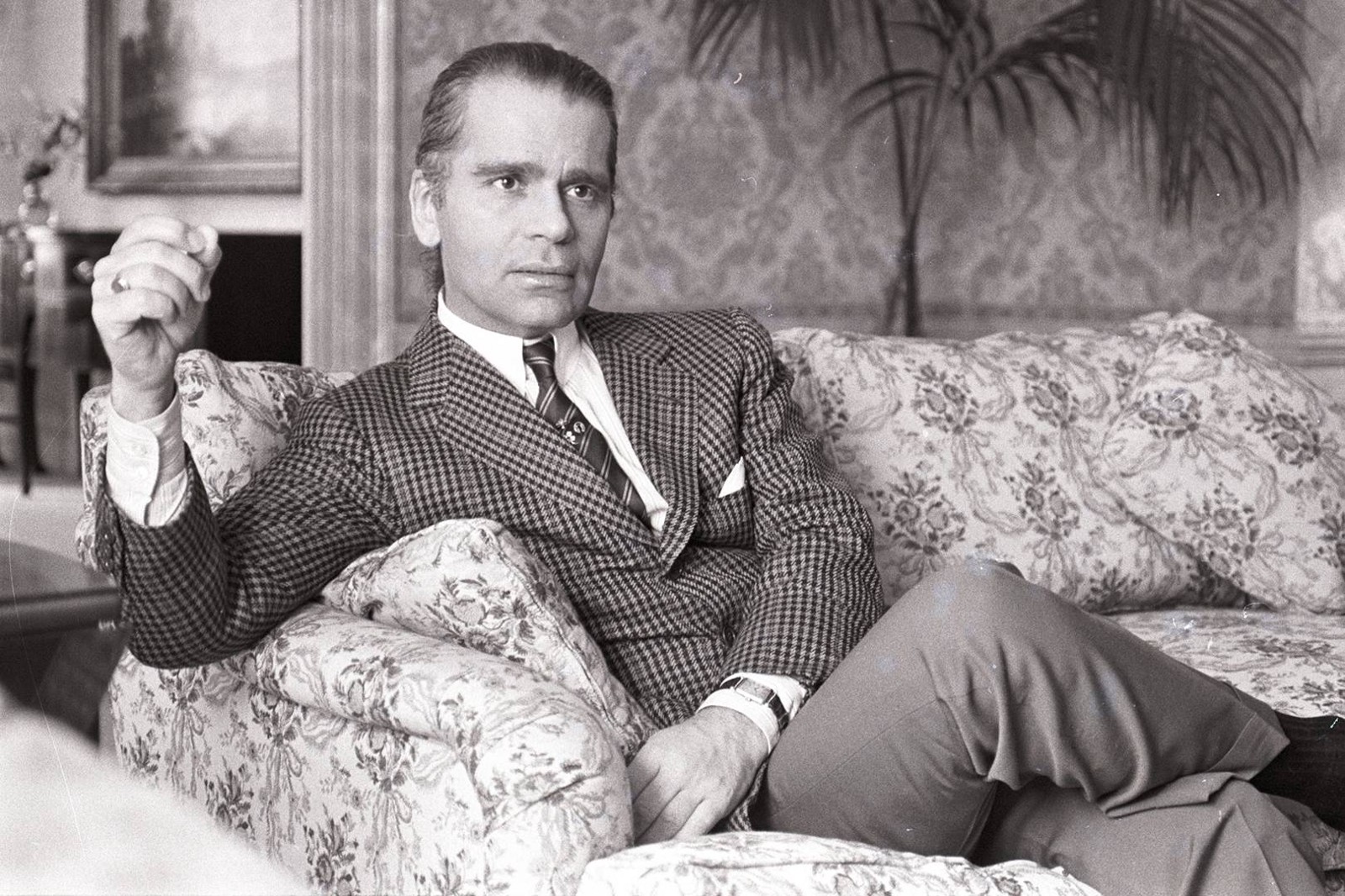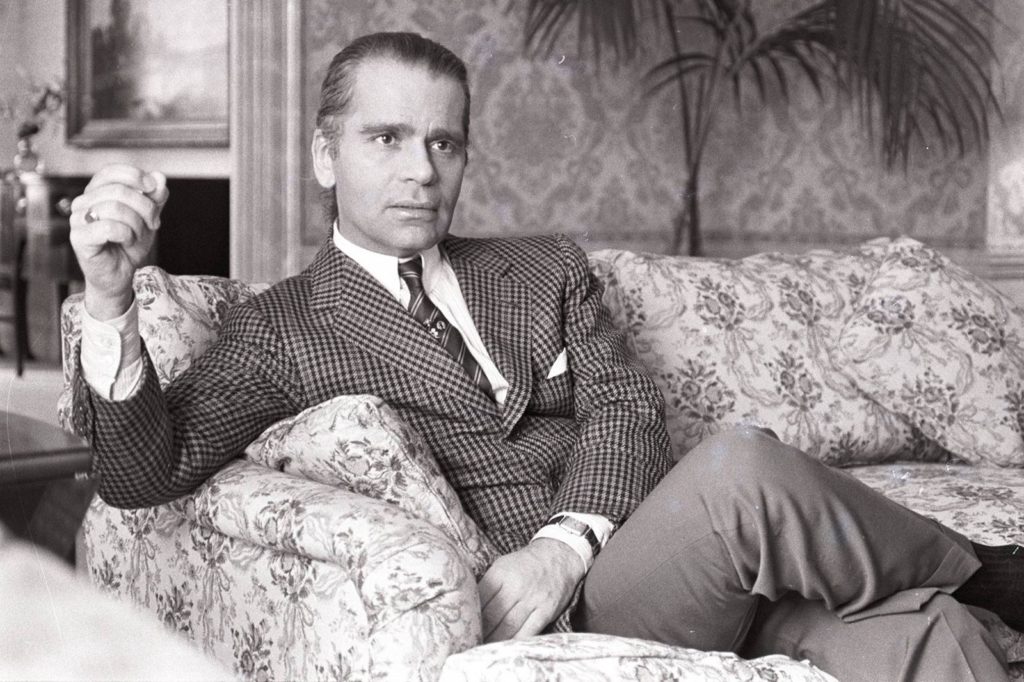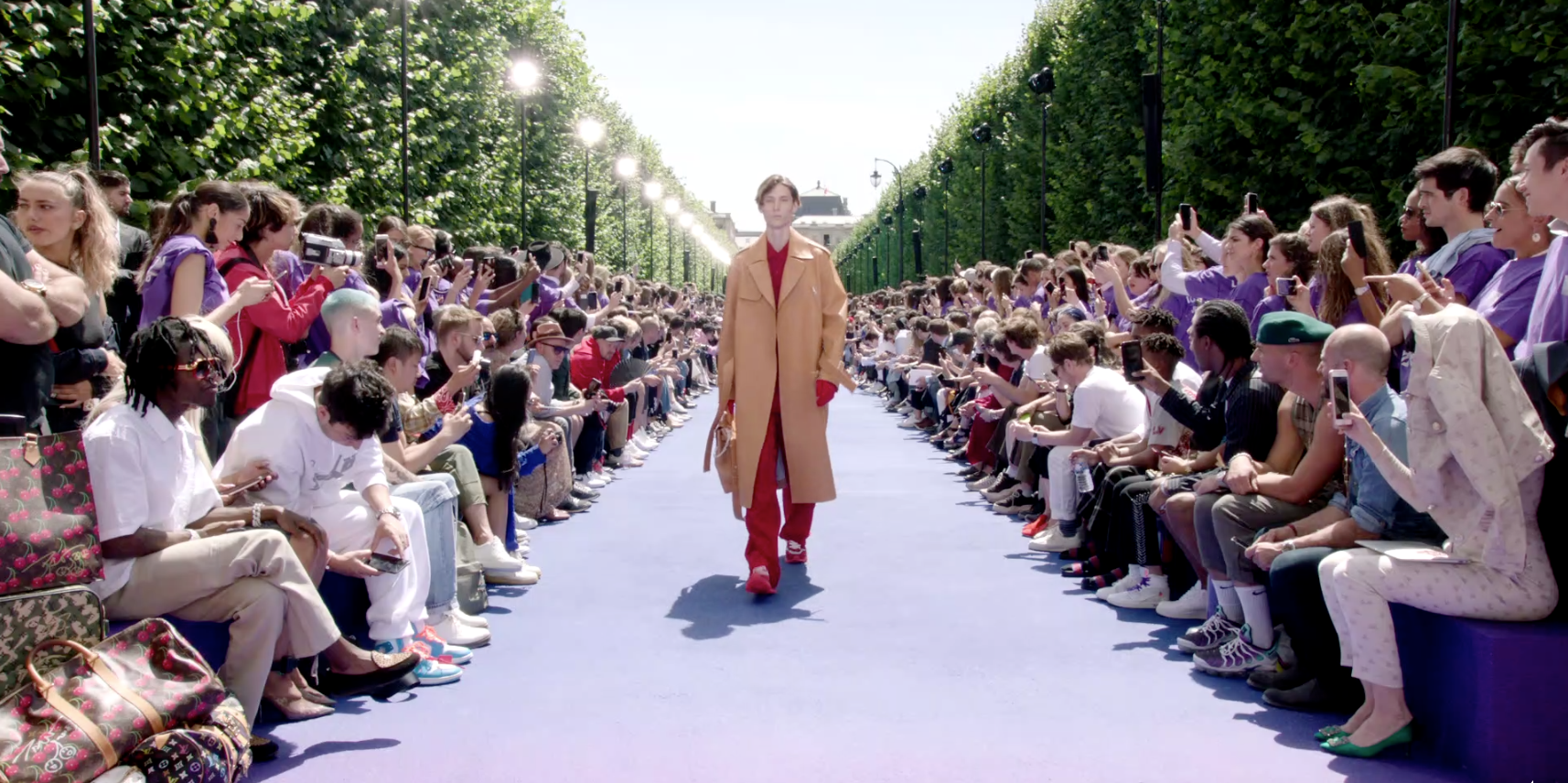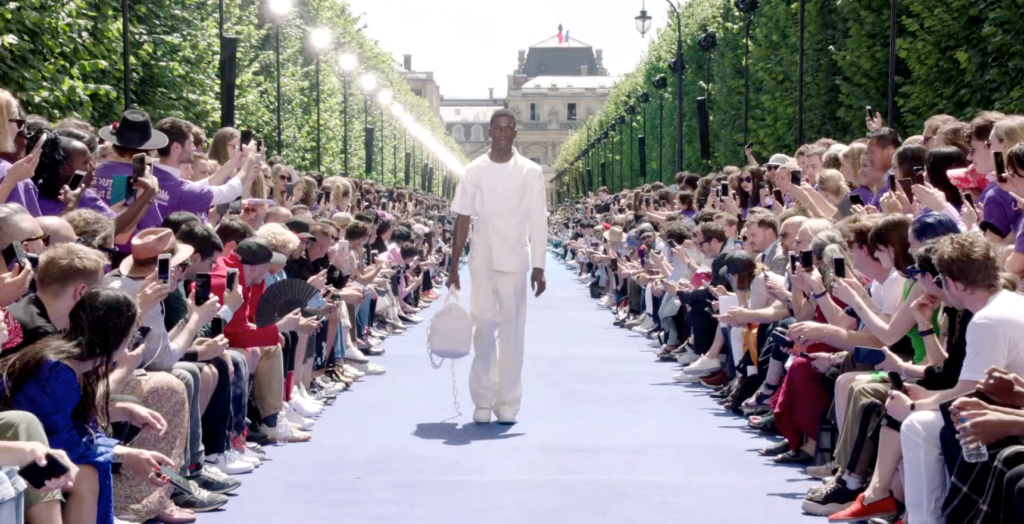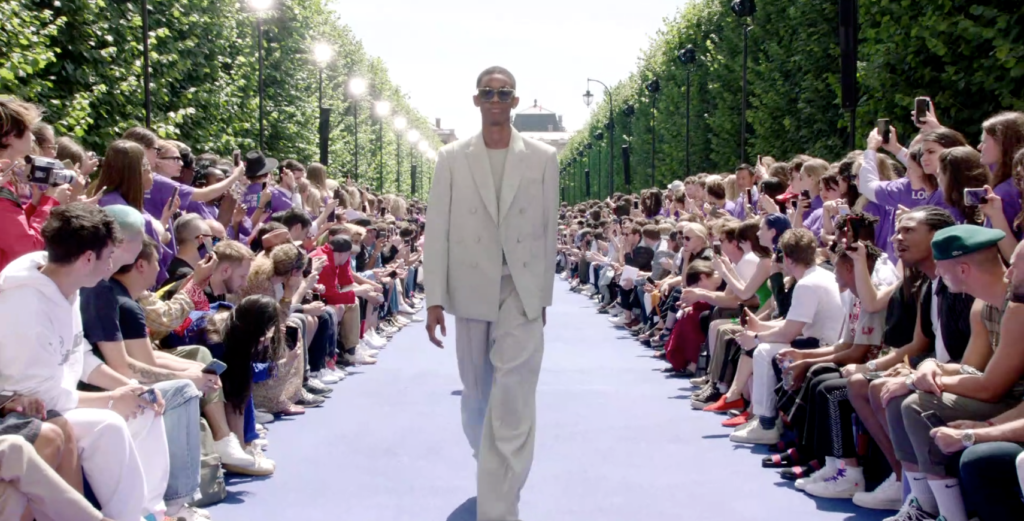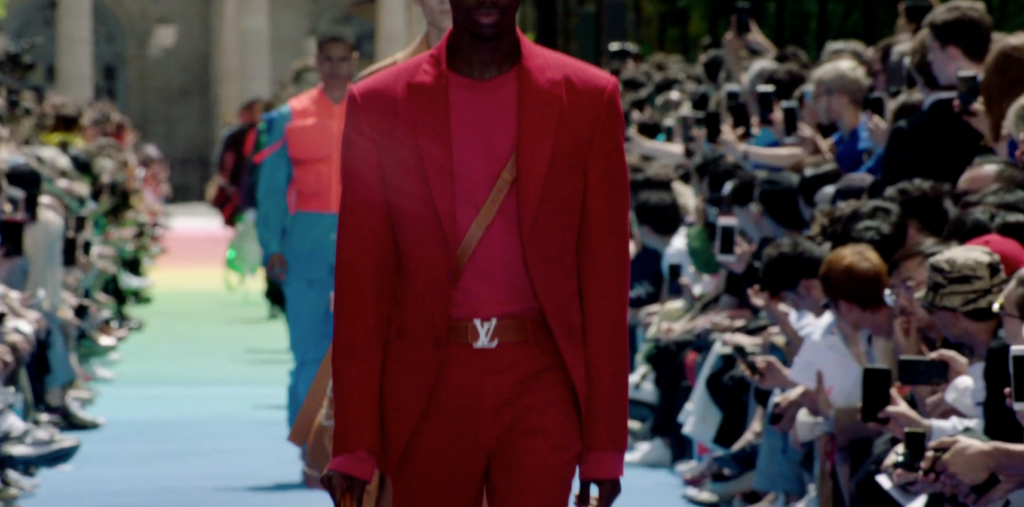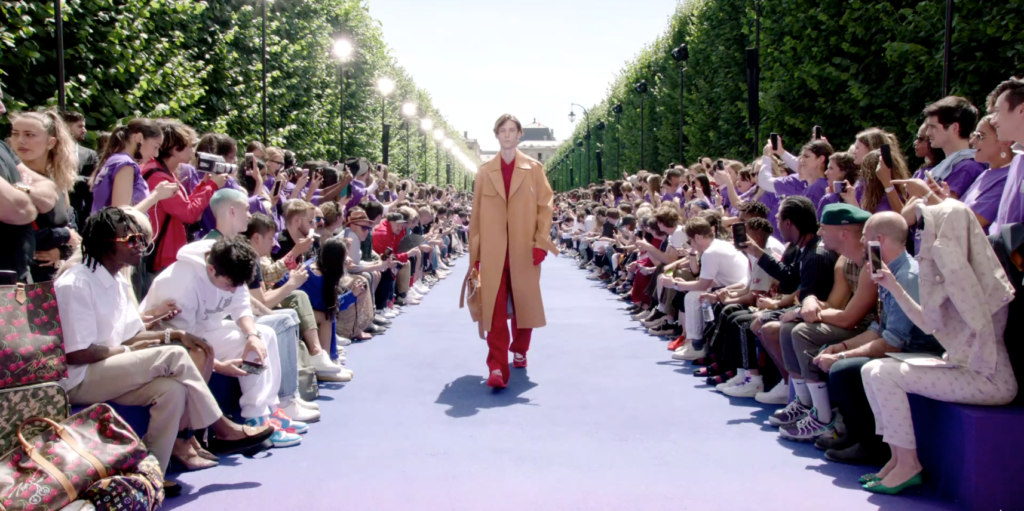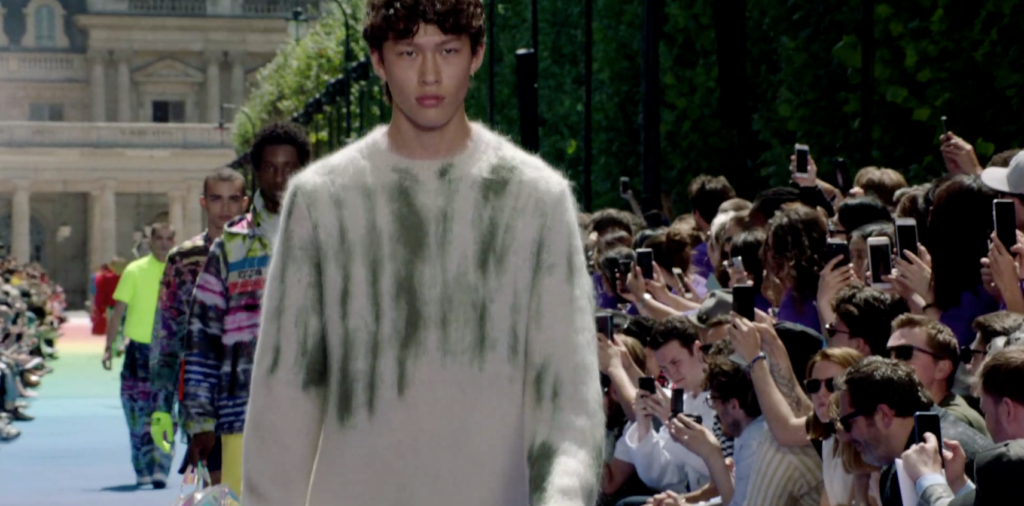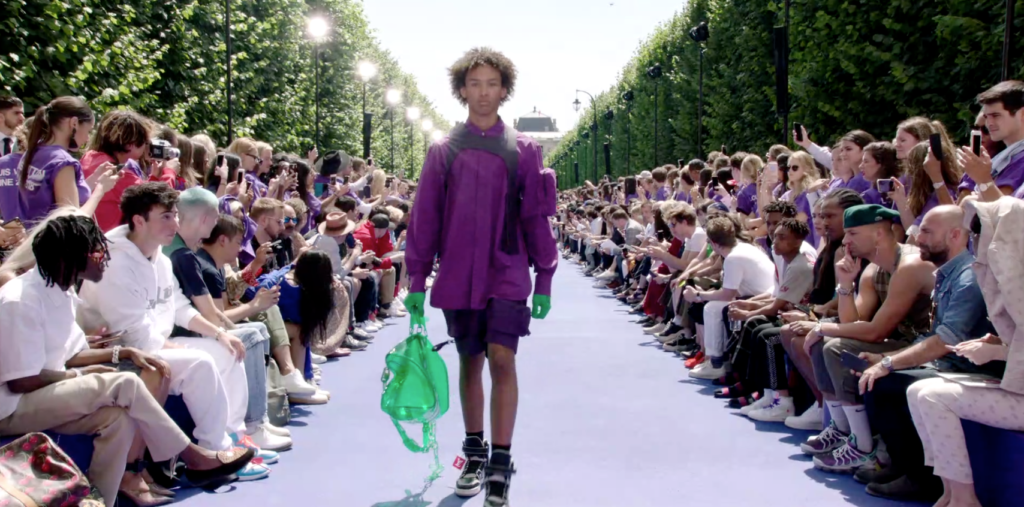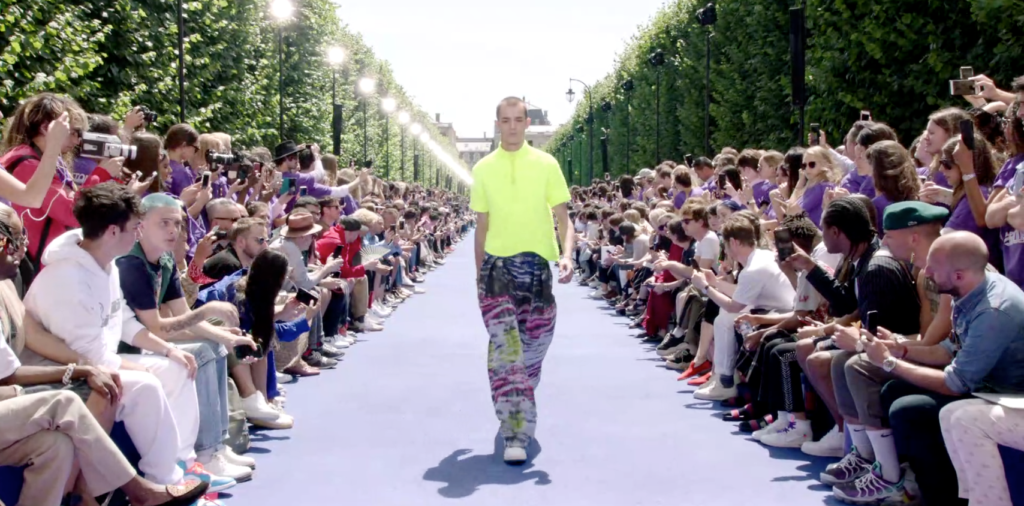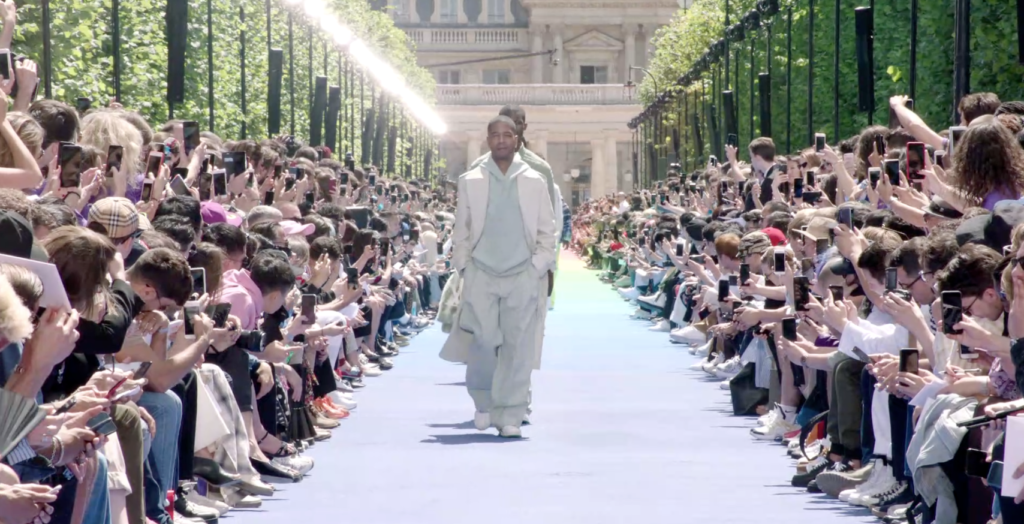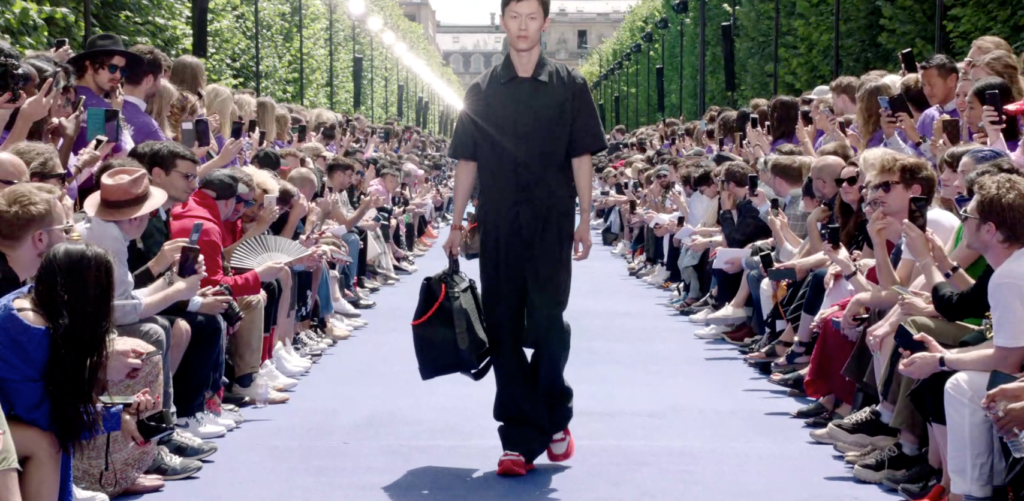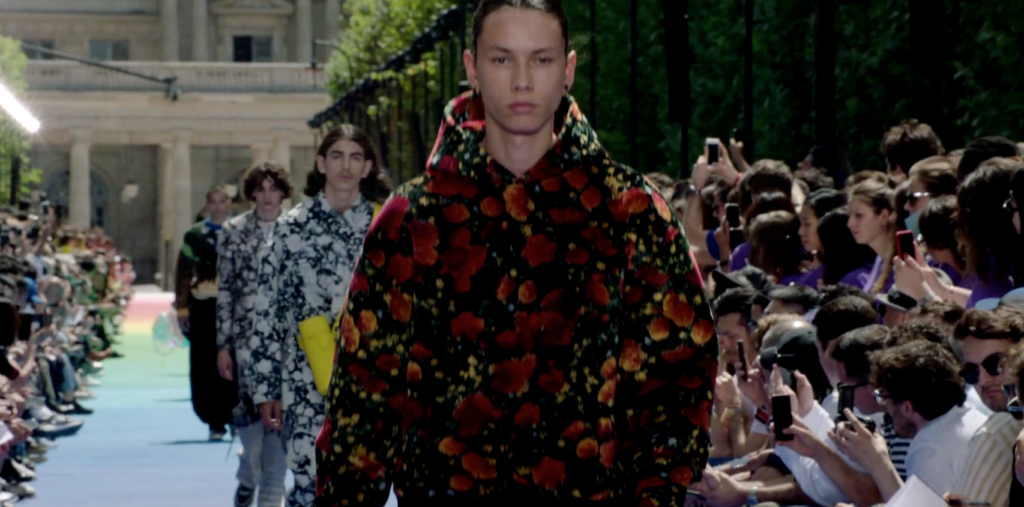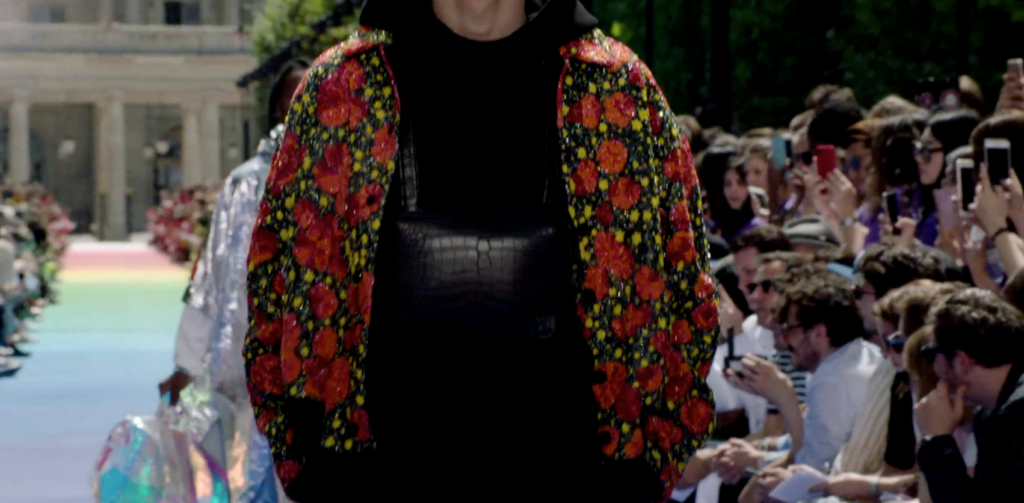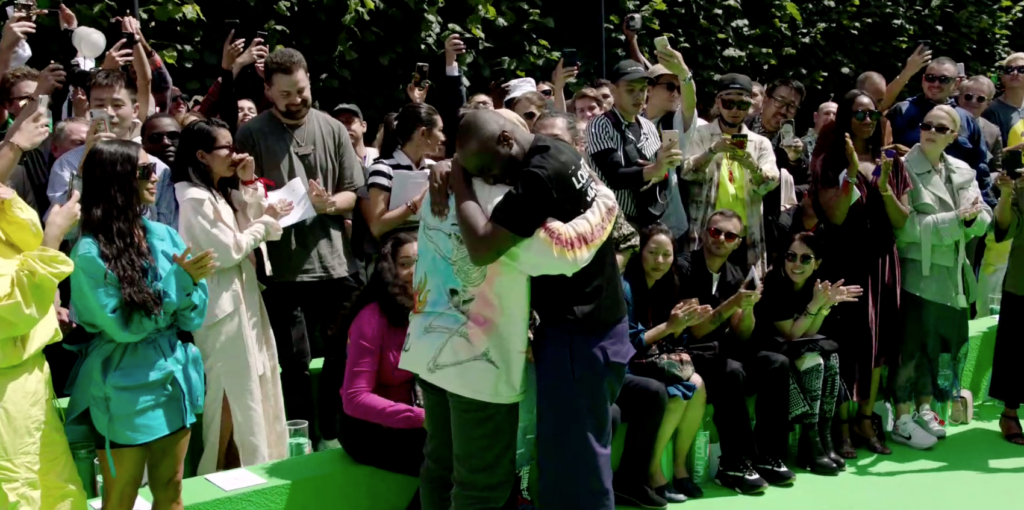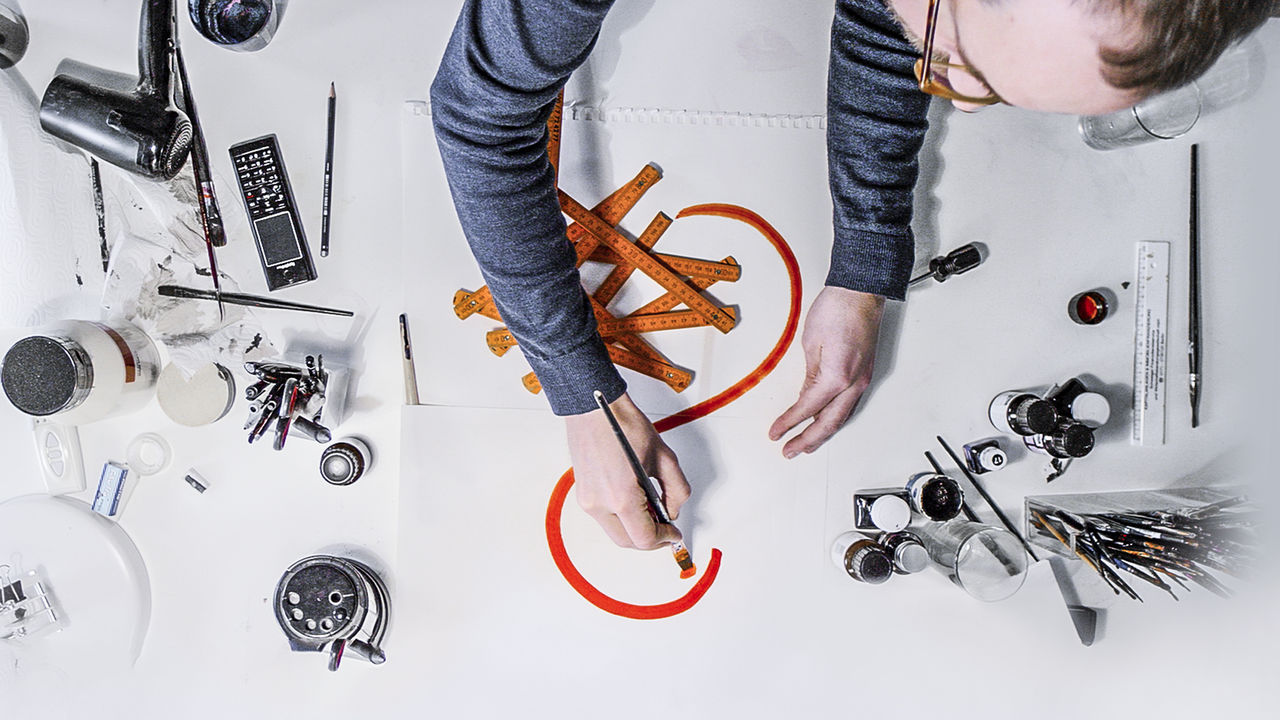I’ma let you finish but…
Kanye is the most impactful artist of all time!
Okay, that might sound a little crazy, but Kanye has always sounded a little crazy. And truth be told, he’s been the most impactful artist of MY life, and in my opinion of my entire generation.
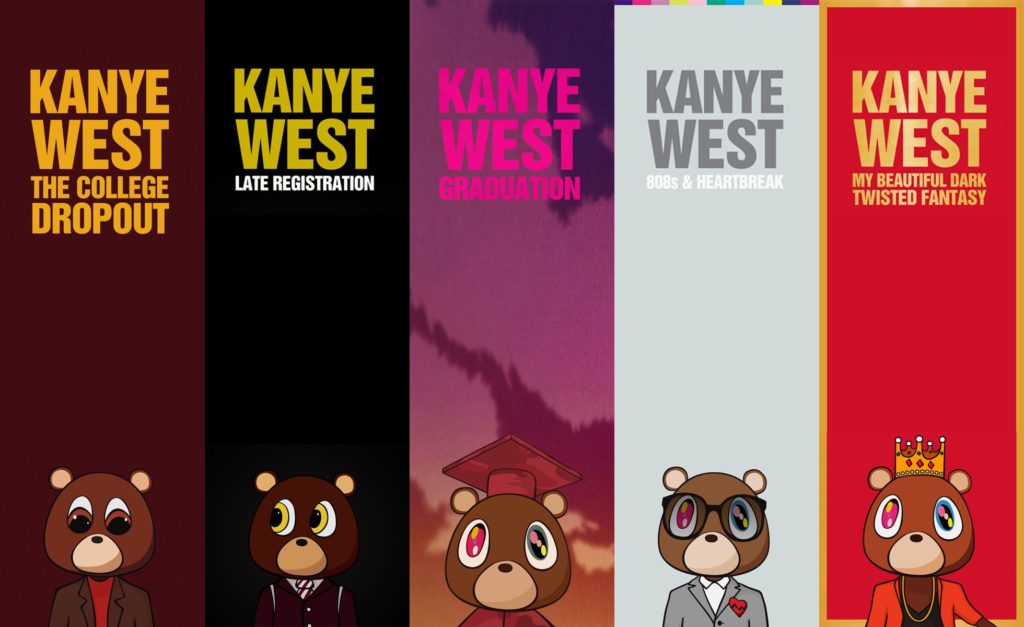
I was 13 when The College Dropout came out, 14 for Late Registration, and 16 for Graduation. They say the music we listen to between these ages forms our music tastes for the rest of our lives, so if you’re my age then it makes sense that Kanye’s sounds were the soundtrack for those formative years. The thing is, Kanye has switched his sound time and again within these and all of his albums. Hell, the following year he released 808s & Heartbreak which was drastically different from his first three albums (I’ll touch more on that later). So it’s not necessarily that we fell in love with that sound, I mean we did, but more than that it has always been about his message and voice. Kanye’s influence started years before that when he changed the game by changing the sound of mainstream hip-hop by incorporating soul samples. He made some of the most iconic beats in hip-hop history and redefined the mainstream. When he wanted to make the move to rapping he had to redefine the sound even further. He narrated the constant struggle of being told that rapping was something he couldn’t do. As a broke teenager still working on finding myself, it was relatable to hear songs about overcoming doubters and lyrics on topics such as materialism, family, creativity, prejudice, and religion; these were way different from the things talked about in hip-hop before then. Kanye gave a voice to the voiceless in his pink polos and helped us all believe that we didn’t have to be in a gang to be authentic. In a very surreal way, he taught us it was okay to be different, yet still made us feel less alone. You could be into rap and art, you could be into Japanese street style and designer clothes, you could listen to 50 Cent and Ray Charles. More importantly, he embraced that you could be intelligent and successful without having to go to (or finish) college. A message that came at the right time because we were about to see more and more success stories of startups and careers that were challenging the standardized path to success. Kanye was asking the same questions as a lot of us, the questions which led to a lot more individuality.
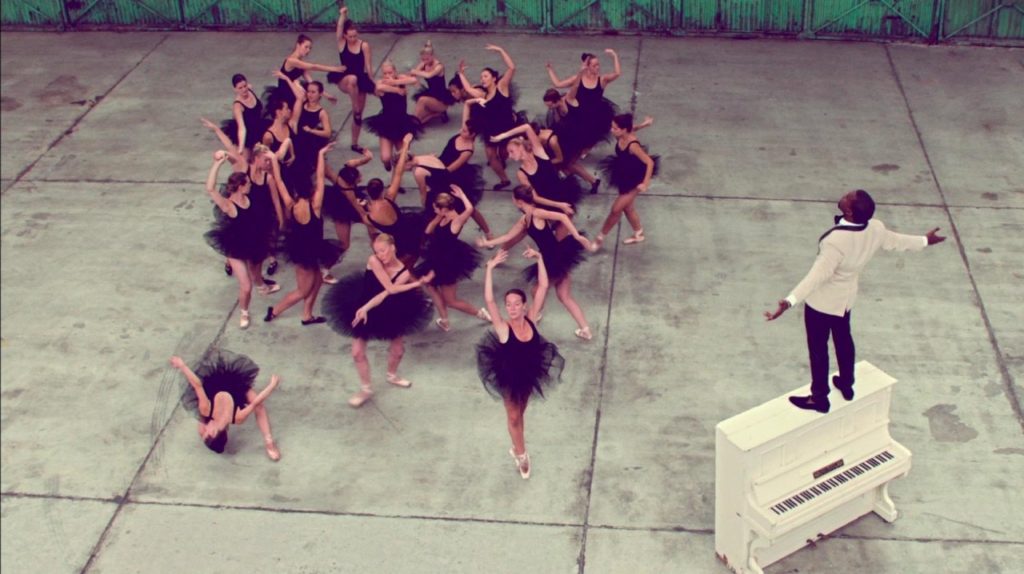
He changed his sound for 808s & Heartbreak, it was really the first album to receive criticism for being so different but it opened the door for sounds like Drake, Kid Cudi, Travis Scott, etc. and it once again shifted the sound of mainstream music into something else. He overcame the criticism and just as the sound of that album started to be more accepted, he had his infamous 2009 VMA interruption, which most people would still agree was a mistake on his part, but the public scrutiny made him buckle down and demand greatness, the hate led to 2010’s MBDTF (my favorite album of all time and if you disagree you can go listen to the Dissect podcast season about it and then come back and say it to my face) so I for one am not complaining. If you’re around my age then this was happening as we were finishing high school and starting college, and for many of us, it was once again a reflection of what was happening in our lives. If the formative years were when we were asking questions and finding ourselves, these later years were when we had somewhat of an idea of who we were and were making mistakes, but also working hard to make up for them.
By this point, I had graduated high school a year early and my job had given me the opportunity to meet a lot of my favorite celebrities, so I felt on top of the world. Kanye’s bold bravado in my two favorite albums, MBDTF and Watch The Throne, once again resonated with what I was going through in my life. (Plus let’s face it, a collab album between Kanye and Jay Z is going to be fire no matter what). Maybe it’s the nostalgia as I look back at that part of my life, but I feel like for a lot of my friends these were happy times. That part of young adulthood was loud, it was carefree, and the world was ours for the taking. Ye continued that confident sound with the collaborative GOOD Music album Cruel Summer and the famously unapologetic album Yeezus in 2012 and 2013.

In 2016 after keeping us waiting for a while he released The Life of Pablo with a Yeezy Season 3 fashion show. It was another undeniable classic, being the first streaming-only album to go platinum. In it, he first tackled his mental illness and introduced a more gospel-centric sound while once again shifting the mainstream sound to something different. I was living in Italy and took a trip up north to see the live fashion show/album release and it was one of the most fun experiences in my life. Still, there was a more grown-up sound in TLOP. Maybe it’s because I was in my twenties and working in what would become my career, maybe it’s because Kanye had a family. He was still bold and confident, but he wasn’t infallible. He had responsibilities and more vision towards the future. He knew that people missed “The Old Kanye”, but the fact that he was telling authentic stories, shifting the mainstream sound, mixing an outspoken confidence with an all too honest introspection, and doing all of this on one of the most beautifully produced albums just confirmed that it was the real Kanye we had come to know and love. Maybe the most relatable part though wasn’t just the combination of fun with an acceptance of responsibilities, but rather the way it was released. The fact that changes were made after the album dropped. It felt… adaptable. And as I was living in another country, wrapping up my apprenticeship in menswear, looking to start my career I was definitely adaptable. And so were a lot of my friends, we were learning that just like college wasn’t the only path to a career, there wasn’t only one path to professional success. People were getting married, some were getting divorced, some of us started businesses, some of us moved to new cities, we all learned to adapt to life and make the little changes here and there where we needed to.
In 2018 he released Ye and Kids See Ghosts, which opened up the conversation a lot more about his mental illness. These were not at all what people were expecting, but they started conversations that were important and maintained support from Kanye fans like myself and Seth Rogen. As for those who weren’t as supportive, he reminded them of his talent for mainstream music by producing albums for Teyana Taylor, Nas, and making Pusha T’s best album to date. I saw a difference in some of my closest friends. They didn’t take it to the extreme that Kanye did, calling his bipolar disorder his “superpower”, but I did notice that more conversations were taking place. Our generation has taken great steps to take away the stigma behind mental illness, and once again Kanye’s work was a reflection of that. Whether from the tracks themselves, from the tracklist and cover art, or just the media attention he was giving.
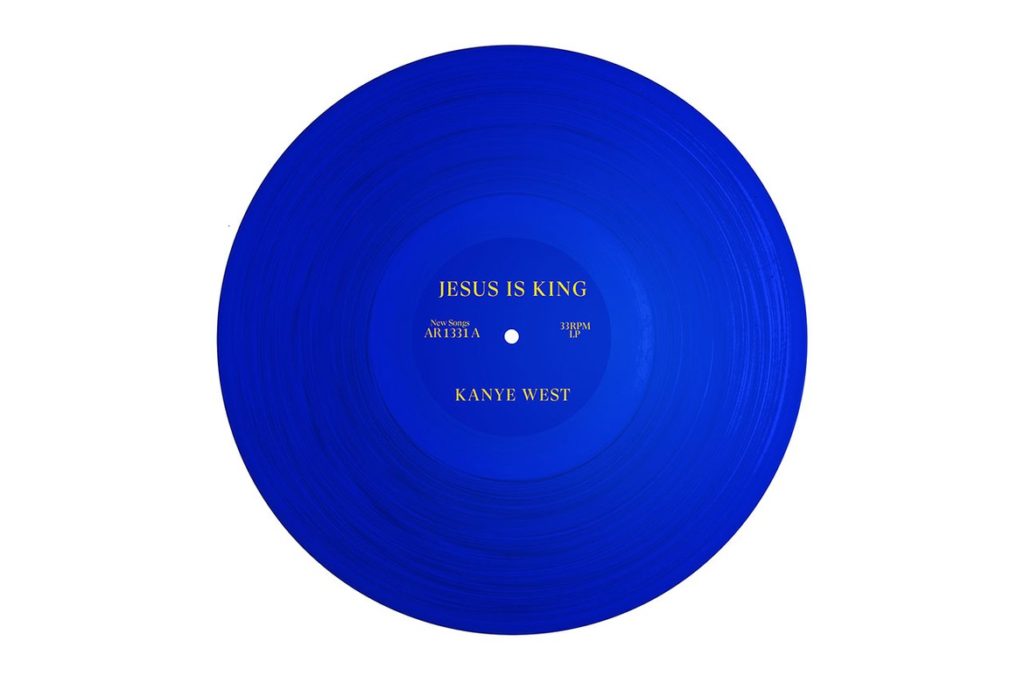
Which brings us to 2019. Despite promised release dates for Yandhi, Kanye switched things up and released his gospel album “Jesus is King”. It’s definitely has a gospel sound, which a lot of people are complaining about, but it’s made by Kanye who has proven time and again that he is a master of musical composition – and he’s shown it again with songs that are powerful but easy to listen to. Let’s face it, there are going to be a lot of IG captions about starting the week on Sunday and about being “my number one, with the lemonade”. Our generation questioned the status quo, sought individuality above all else, went after success in and out of college, put in work to find our voice and confidence, accepted the responsibilities of the lives we made and opened up about mental health in the world we live in. Kanye’s albums, in one way or another, reflected all of that. Now, in a generation where we consider ourselves more spiritual but less religious than ever before, Kanye is conducting Sunday Service sessions and has released a gospel album. It might seem that he missed the mark, that this is where he no longer reflects what our generation is going through, but I think that he exactly reflects what we are going through, at least for me.
A little over a year ago my father told me about a law that was going on in Spain that allowed for descendants of Sephardic Jews to reclaim their Spanish Citizenship if their ancestors were kicked out of the country. My dad is a genealogist and had our family tree done so far back that proving it was pretty straightforward, but there was more to it than that. Among other things I had to prove my cultural and religious ties, do background checks, pass a citizenship test, prove language proficiency, and more. During this time I researched more and more about this part of my family and the legacy they left behind. I was impressed that 500 years ago my ancestors lived their religion so strongly despite the persecutions it would bring. It was not the first time, and obviously wouldn’t be the last time, that Jews were persecuted for their faith. I reflected on this at a time when I was also struggling to figure out where I stood within my own religion. The hardest part about this struggle for me was the embarrassment that I felt because it was happening at this age. I grew up very active in the LDS church and even went on a two-year mission to Italy to preach the gospel. During that time I realized that I didn’t have a full testimony in every aspect of the church, but I figured the stuff I did have was enough.
Fast forward to 2018-2019 and that little belief I did have no longer felt like enough, and what made things worse was that I felt guilty about it. If you’ve been a part of a religion for your entire life, to the point of sharing that gospel with others, then it feels like you’re not allowed to have your own questions. Now I’m still figuring stuff out, still finding out what I believe, learning more about the church I grew up in, about the Jewish faith of my ancestors, about different religions and beliefs. I’m praying more frequently and fervently than ever and having deep conversations with friends from many different religions. Even now, I feel kind of silly for having doubts and questions at this point in my life, but Kanye’s album has helped with that. Not because of the message he’s preaching or the particular gospel he’s sharing, but rather because of when and how his conversion took place. He said he only recently converted to Christianity. West was raised Christian, he wore a Jesus Piece for most of his early career, I mean he made “Jesus Walks” in his debut album, so it’s safe to say he had faith… right? If this man can feel he’s recently converted in his forties, then why is it so weird for me to be figuring this stuff out in my late twenties? His search, conversion, and album prove that it’s not about how you were raised, or what “preaching” you’ve done previously, it’s about searching for your truth through a personal relationship with God. His album is good, I’m enjoying listening to it, but more than that I’m happy to know that I’m not the only person figuring this stuff out for myself. A lot of my friends have distanced themselves from their parents’ religions, but it’s because just like Kanye they are looking for their own true conversion. Whether it happens at 12 or at 42 or at 80, we just want it to be authentic. Kanye is excited to be sharing the gospel that he recently found, the way the prophets were excited to share the good word, the way I was excited to share those early Kanye albums with my friends and family. And in the end, that’s really what I am hoping to find. Whether it’s a return to Judaism, a personal relationship with Christ, or something else altogether, I want to feel that something is true for myself and feel excited about my “conversion”. I’m not in a hurry to find things out, maybe it will be in an established church, maybe it won’t, but at least now I can be a little less embarrassed about my search and know that there’s no such thing as too late.
